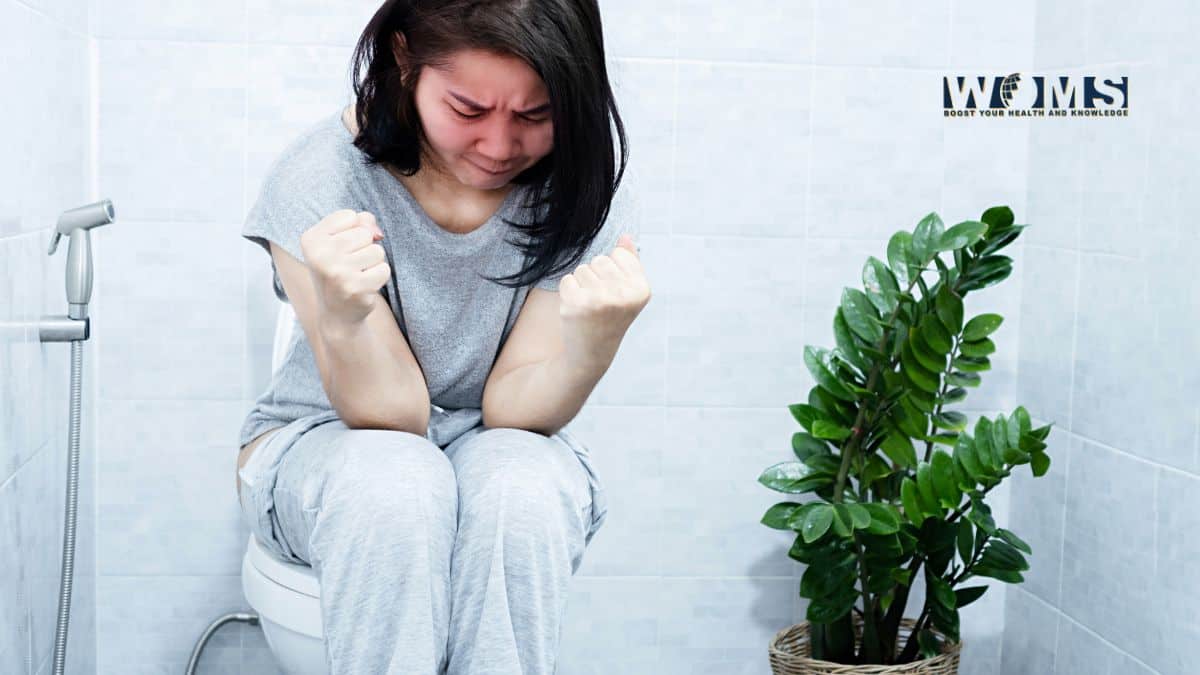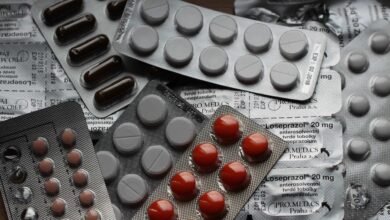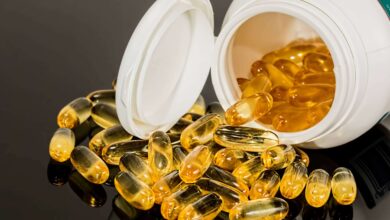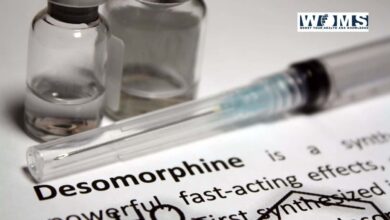Do Antibiotics Cause Constipation? Side Effects & Recovery

Are you on antibiotics and feeling constipated? You may end up wondering do antibiotics cause constipation? This article is for you to know the reasons behind constipation and provide ways to get rid of it.
Antibiotics work as a fighter medicine against any bacterial or fungal infection. These are very helpful medicines to deal with either major or minor infectious diseases. Besides having major benefits, these antibiotics can disturb your gut flora and cause digestion problems. Do antibiotics cause constipation is the most asked question among the general public.
Antibiotics can disturb the gut microbial flora. But, the risk of constipation depends totally on the specific type of antibiotic you are taking. Our gut contains a variety of microbes that are helpful in digestion. Antibiotics work against these bacteria too and may cause multiple gut problems ranging from constipation to diarrhea. So, there is a connection between taking antibiotics and having constipation.
How can antibiotics cause constipation?
Antibiotics work whether being bacteriostatic or bactericidal. These antibiotics kill the bacteria without knowing the fact that some bacteria are helpful in the digestion process. The most common side effect of antibiotics is feeling bloated or having diarrhea. But, antibiotics can also cause constipation by changing the microbial flora. There are two common ways through which antibiotics can cause constipation.
- The first method is through wreaking havoc with your intestinal microbes and killing them. There are plenty of microbial colonies residing in our gut to ease digestion and eliminate waste products. The killing of such beneficial bacteria causes collateral damage to your gut. It causes an imbalance between the microbes leading to constipation.
- Secondly, antibiotics also cause depletion of the basic minerals that are essential to cause bowel movements. So, depletion of these minerals will ultimately lead to constipation.
Besides these, antibiotics also affect the absorption of magnesium by our body cells. Optimal levels of magnesium in our body cells maintain proper movements of the gut and relax the gut muscles to properly pass the food throughout the digestive tract. So, a deficiency of magnesium in our body also causes constipation.
In case you are having constipation, you should definitely check this article on 6 best Instant home remedies for constipation.
How else can antibiotics affect your digestive system?
Antibiotics can affect the gut microbial flora and may cause various gut-related problems. Some antibiotics are more likely to cause digestive system upset as compared to other antibiotics. Some of the common digestive system problems caused by antibiotics are as follows:
- Nausea & Vomiting
- Stomach ache
- Diarrhea
- Bloating
- Black or hairy tongue due to chromogenic bacteria or any other cause
- Gas
Some antibiotics opportunistically cause the clostridium difficile infection. These antibiotics usually include ampicillin, Clindamycin, amoxicillin, cephalosporin, and various fluoroquinolones. Clostridium difficile infection can severely cause gastrointestinal problems. The common symptoms include:
- Constipation
- Watery diarrhea
- Loss of appetite
- Loss of weight
- Cramping or intense pain in the belly
- Tender or swollen belly
- Pus or blood present in the bowel movement
- Fever due to infection
Any person who experiences any of these symptoms needs to consult your health care provider immediately. The earlier you get medical care, the less the chances of getting serious complications.
How long does it take to recover from constipation due to antibiotics?
There is no such specific limit on the recovery of constipation due to antibiotics. Here are some common ways to reduce the chances of constipation due to antibiotics. Moreover, by following these methods, you can speed up the recovery phase.
- Using probiotics can help you to get relief from constipation. The routine use of probiotics can help to manage the constipation problems. You can add a probiotic-rich diet like you get in your daily meal to maintain your gut health.
- Constipation usually results due to dehydration. Dehydration or lack of water in your body makes it difficult to pass a bowel movement smoothly. In addition, fever also increases the risk of dehydration. Make sure you are sufficiently hydrated whether you are taking antibiotics or not. Intake of healthy broth or soup surely helps you to stay hydrated and ultimately relieve constipation.
- Fever indicates increased body temperature that may cause dehydration. Managing your fever is the critical step to relieve you from dehydration and constipation.
- A fibrous diet is a promising diet to help you to get rid of constipation. It is highly recommended to ensure fiber intake to get relief from constipation. Try eating high-fiber foods like oatmeal, whole-grain bread, apples, and pears to smoothen the bowel movement.
- Rest is important while you are sick due to any infectious disease. Besides the rest, you should do some light exercise to avoid constipation. Light exercises make you feel active and also boost the immune system. Don’t go for tough workouts. Just a little bit of active movement is sufficient to deal with constipation.
When is constipation a sign of warning?
Mild constipation is common and is not of a major concern. Medication with dietary changes and an active lifestyle can provide relief from constipation. But, if you feel any of the following symptoms, you need to get medical care as soon as possible.
- Dark-colored stool or blood in stool
- Severe abdominal pain
- Fecal impaction
- Very few bowel movements
- Bile in vomit (greenish-yellow color)
A word of caution:
Antibiotics are powerful medications to kill any kind of microbial agent. These antibiotics kill the healthy microbial flora of the gut. Killing of these healthy microbial colonies imbalances the gut flora and produces a diseased state of constipation. Besides constipation, antibiotics can also cause a variety of other digestive problems. But, these problems are mild and can be recovered by following the basic protocols.
If you feel severe symptoms like blood in stool or severe abdominal cramping, consult your doctor to seek medical care immediately.
Frequently asked questions (FAQs):
Is constipation a common side effect of antibiotics?
Antibiotics aim to kill microbes either good or bad. In doing so, antibiotics also kill the normal microbial flora of the gut, leading to digestive system problems. Usually, antibiotics cause diarrhea or bloating. But, some antibiotics (amoxicillin) have a specific side effect of causing constipation.
Is it good to take a stool softener while taking antibiotics?
Drugs can interact with each other to produce side effects or nullify the main effect. Laxatives can interact with antibiotics to produce variable results. Only go for medication with consultation with your doctor.
How long does constipation due to antibiotics last?
There is no specific time limit on how long constipation will last. Following a healthy diet and activities will surely help you relieve constipation quite early.
How can I soften my bowels fast?
The best home remedies include the intake of fiber-rich diets like oatmeal or whole-grain bread. In addition, keep yourself hydrated. Moreover, probiotic-rich food like yogurt can also help you to increase bowel movement.




